The golden age of pop music may be long gone, but the golden age of pop musicians’ obituaries is definitely with us. Soon I shall have to start apologising for returning to this subject with such regularity, but barely a week now seems to pass without some rock legend turning his or her eminent toes up. Last week it was John Renbourn, gruff beardy guitarist for Pentangle, and the week before Daevid Allen, who founded Soft Machine and about 73 different manifestations of Gong. On social media Nick Hornby asked us to name which dead people we had seen live (when they were alive, obviously). His list included Bobby Womack, Luther Vandross, Bob Marley, Joe Strummer, the Ramones, Rory Gallagher and Lee Brilleaux of Dr Feelgood (a lot). Hundreds of people responded. Some contributors’ lists were so long that you started to worry for their health.
Not quite everyone who goes, though, makes the Telegraph obituary pages (where croaking pop stars have supplanted the second world war veterans who were dying in droves a decade or so ago). Pop music, as we know, isn’t just about fame and critical acclaim and platinum records and poor decisions about cars and swimming pools. It’s also about critical neglect and commercial failure and being in the wrong place at the wrong time. For most musicians, obscurity rather than opportunity knocks. Some keep going because it’s the only thing they want to do. Some keep going because it’s the only thing they can do. As someone who makes his living only by writing, and has no other useful skills of any description, I can sympathise with that.
So I was sad to see the death last month of a Scots musician who was born Christopher Harley in 1946. In the early 1970s there was a preponderance of performing Harleys, led by Cockney Rebel’s Steve, so this one changed his surname to Rainbow, which may or may not have been a good idea. Chris Rainbow was a geeky-looking singer-songwriter utterly in thrall to the genius of Brian Wilson, and he recorded three albums of light, clean, polished pop between 1975 and 1979. They did not do well. In fact, as far as I am aware, they did nothing at all. He might have had a minor cult following in Japan, but in those days you only had to be able to stand up and sit down unaided to acquire that.
He did, however, have one important fan: the DJ Kenny Everett. On his Capital Radio Saturday lunchtime show in late 1977 and early 1978, Everett played very little that wasn’t the Beatles, the Beach Boys, Electric Light Orchestra’s Out of the Blue or tracks from Chris Rainbow’s delayed second album, Looking Over My Shoulder. It probably helped that he knew Rainbow, who had provided him with jingles for some years. But he genuinely believed that Rainbow’s album was something a bit special, and after listening to his show every week, so did I. Rather more to my surprise, I still do.
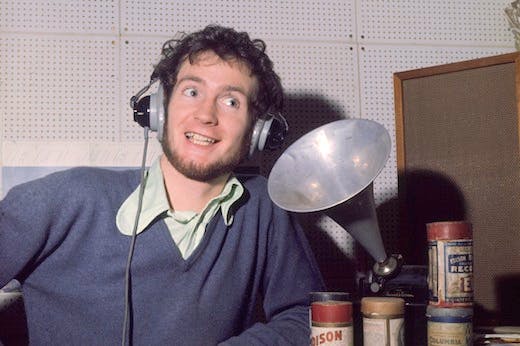 Chris Rainbow fan: DJ Kenny Everett Photo: Getty
Chris Rainbow fan: DJ Kenny Everett Photo: Getty
The problem is that it’s the least fashionable music ever made. It’s impossibly bright, full of shiny keyboard sounds and Rainbow’s complex and painstakingly overdubbed vocal harmonies. In early 1978, when the album finally emerged — either Polydor were reluctant to release it, or Rainbow himself couldn’t quite let it go — it found punk and new wave in full flow. It didn’t have a prayer. And yet, like all the greatest pop, it sounds utterly unlike anything else. Although the Brian Wilson influence ran deep — Rainbow even entitled one of his best songs ‘Dear Brian’ — he used it as a launch pad for his own ideas, which on this album seemed to pour out of him. There is filler here, in the form of early singles that don’t quite measure up, but songs like ‘Dansette’, ‘Bluebird’, ‘Show Us The Sun’ and the aforementioned ‘Dear Brian’ still sound fresh and newly minted, just as the best Beach Boys songs do.
It was his moment, and it passed. The third and final album was dull, and thereafter Rainbow forged a second career as second fiddle, singing occasional vocals for the Alan Parsons Project, playing keyboards for Camel and producing albums for Runrig. But Looking Over My Shoulder is the one. I hesitate to recommend it, partly because it’s very hard to find, but mainly because you probably won’t like it. Most people don’t. But he’s gone now, after a long illness, and I for one am mourning him for his brief moment of brilliance, showing us the sun.
Got something to add? Join the discussion and comment below.
Get 10 issues for just $10
Subscribe to The Spectator Australia today for the next 10 magazine issues, plus full online access, for just $10.

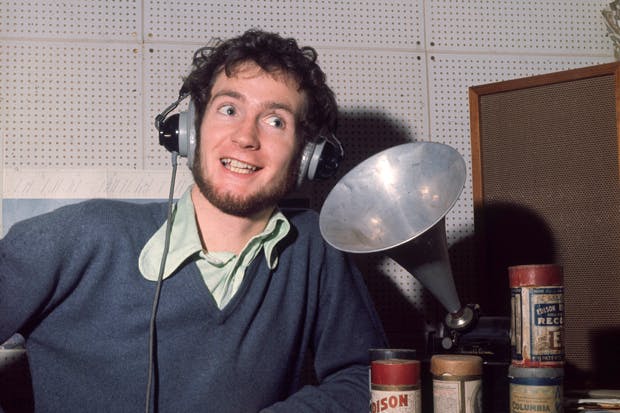

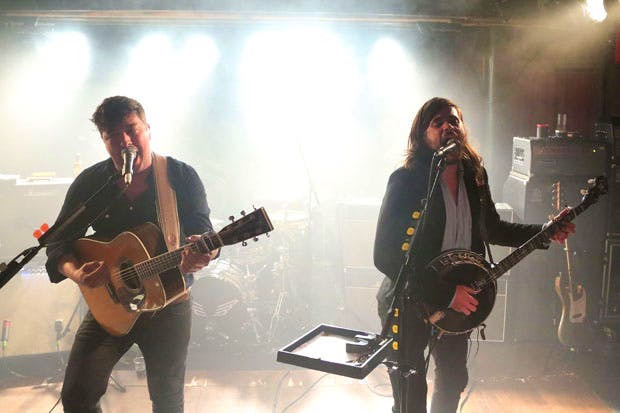
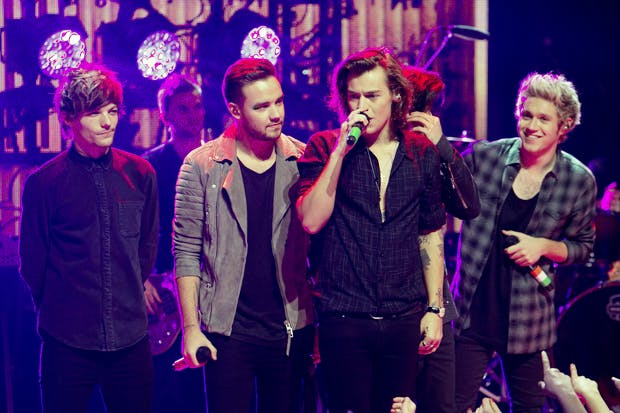
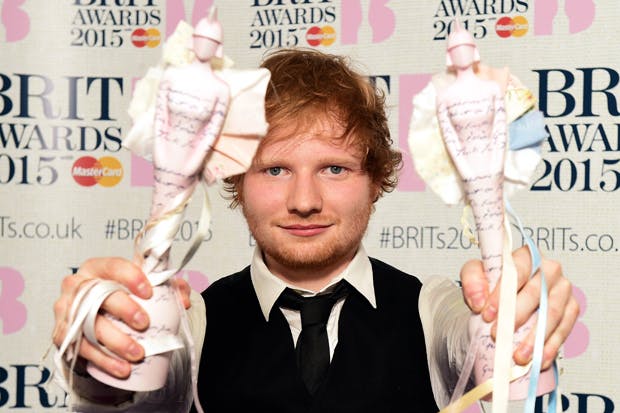






Comments
Don't miss out
Join the conversation with other Spectator Australia readers. Subscribe to leave a comment.
SUBSCRIBEAlready a subscriber? Log in